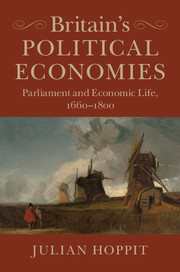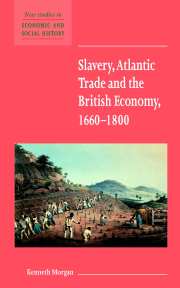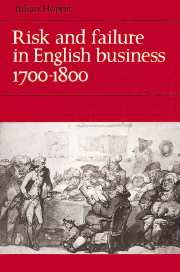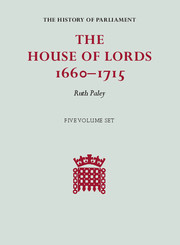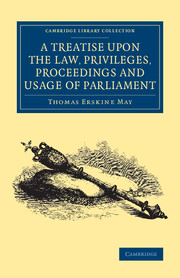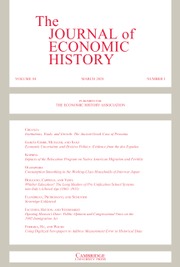Britain's Political Economies
The Glorious Revolution of 1688–9 transformed the role of parliament in Britain and its empire. Large numbers of statutes resulted, with most concerning economic activity. Julian Hoppit here provides the first comprehensive account of these acts, revealing how government affected economic life in this critical period prior to the Industrial Revolution, and how economic interests across Britain used legislative authority for their own benefit. Through a series of case studies, he shows how ideas, interests, and information influenced statutory action in practice. Existing frameworks such as 'mercantilism' and the 'fiscal-military state' fail to capture the full richness and structural limitations of how political power influenced Britain's precocious economic development in the period. Instead, finely grained statutory action was the norm, guided more by present needs than any grand plan, with regulatory ambitions constrained by administrative limitations, and some parts of Britain benefiting much more than others.
- A quantitative overview of all acts relating to the economy in the critical period following the Glorious Revolution
- Sheds new light on a key institutional context for the British Industrial Revolution
- Case studies challenge existing frameworks for understanding economic development in this period, such as mercantilism and the fiscal-military state
Reviews & endorsements
'Britain's Political Economies will fundamentally alter the way we think about the nature of Britain's state-regulated economy before the Industrial Revolution.' Tim Harris, Journal of Interdisciplinary History
'… the great virtue of this book is that it demonstrates the sheer complexity of the way in which 'ideas' translate into 'action', and that is a valuable lesson indeed.' Keith Tribe, The European Journal of the History of Economic Thought
Product details
May 2017Hardback
9781107015258
314 pages
234 × 158 × 25 mm
0.69kg
18 b/w illus. 3 maps 47 tables
Available
Table of Contents
- Part I. Contours:
- 1. Introduction
- 2. The legislative revolution
- 3. Legislating economically
- 4. The local, national, and imperial
- 5. Information, interests, and political economy
- Part II. Cases:
- 6. The political economy of the fens
- 7. The political economy of wool
- 8. The political economy of bounties
- 9. Refiguring the British fiscal state
- 10. Conclusion
- Appendix 1: legislation subject scheme
- Appendix 2: specific economic legislation by English and Scottish counties, 1707–1800.

